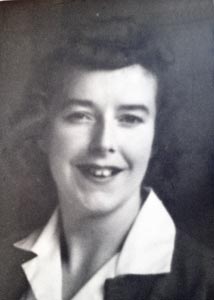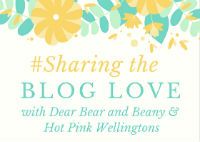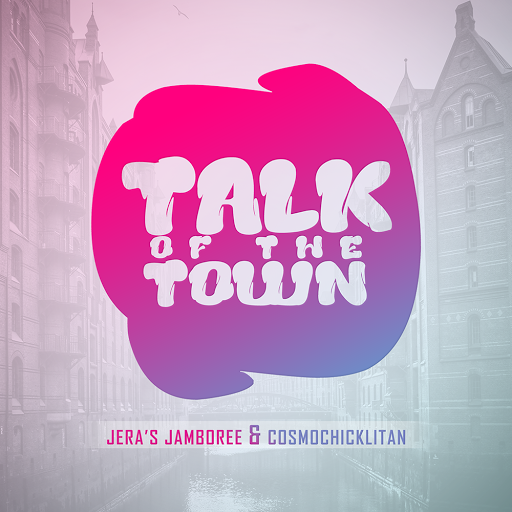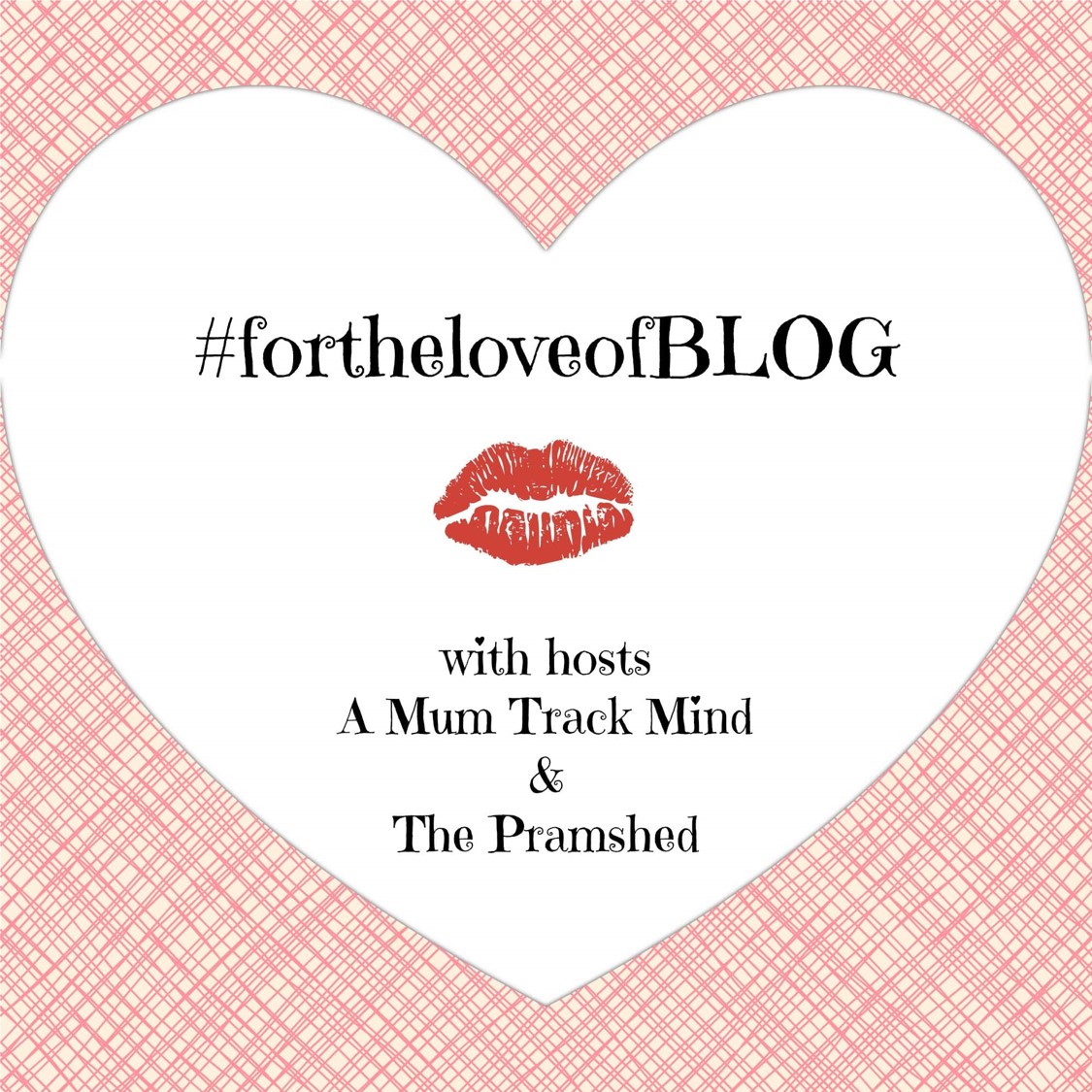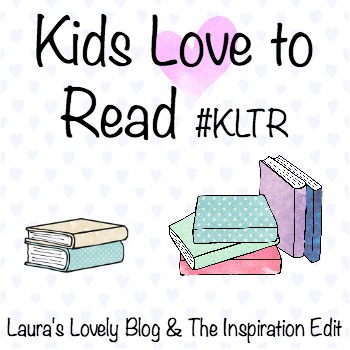I’ve talked a lot about the value of reading with your child. In the early years it helps with bonding, brain development and develops empathy in forming minds. A child who can read, can learn anything it wants. It’s a vitally important skill for success in life. Not to mention reading is fun … it’s also a very difficult job for parents to get right. (Are you teaching your child NOT to read for fun?)
There’s a wonderful poem by Strickland Gillilan that sums up the importance of reading with your children.
The Reading Mother.
by Stickland Gillilan.
I had a mother who read to me
Sagas of pirates who scoured the sea.
Cutlasses clenched in their yellow teeth;
‘Blackbirds’ stowed in the hold beneath.
I had a Mother who read me lays
Of ancient and gallant and golden days;
Stories of Marmion and Ivanhoe,
Which every boy has a right to know.
I had a Mother who read me tales
Of Gelert the hound of the hills of Wales,
True to his trust till his tragic death,
Faithfulness lent with his final breath.
I had a Mother who read me the things
That wholesome life to the boy heart brings-
Stories that stir with an upward touch.
Oh, that each mother of boys were such!
You may have tangible wealth untold;
Caskets of jewels and coffers of gold.
Richer than I you can never be –
I had a Mother who read to me.
So, today I want you to meet someone who nailed the job. The person who nurtured my own love of books.
Meet my mum.
My mum talked to me, read books to me and sang to me from the moment I was born. We negotiated the murky waters of the ABC books and phonics together so that, by the time I started school, I was already an independent reader and I’ve never stopped. (Well done, Mum)
At bedtime, she made up her own stories for me. My favourite was about a cow called Twinkle. She tells me I always insisted it had a sad ending … which is a little disturbing for a pre-schooler lol.
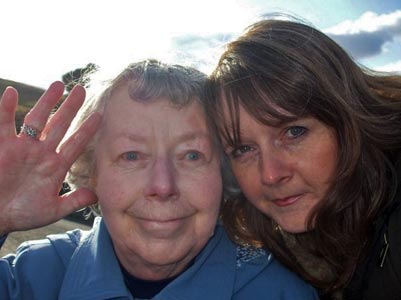 I remember vividly a book she wrote for me; hand-written and illustrated. It was a ‘make your own adventure’ style book, where you could choose different actions for the hero at the end of each page. Depending on which option you picked, you turned to a different page. It was a triumph of book planning. (Must tackle one of those myself some-day)
I remember vividly a book she wrote for me; hand-written and illustrated. It was a ‘make your own adventure’ style book, where you could choose different actions for the hero at the end of each page. Depending on which option you picked, you turned to a different page. It was a triumph of book planning. (Must tackle one of those myself some-day)
I was a rather sickly child. You name it, I caught it, and held on to it for an unpleasantly long time. This meant I spent a lot of time tucked up on the sofa with a book and a glass of Lucozade (in the days when it was a drink you gave to invalids, not sports persons). It also meant Mum had to walk almost daily trips to the library. (Sorry about that, Mum.)
My mum also encouraged me to write my own stories. I’d get notebooks with pretty covers for birthdays, special ‘writing’ pens for Christmas. She read my first book (entitled My Uncle the Ostrich) and helped me design a cover and bind the first ‘print run’ for my family. (Thanks, Mum)
Later, Mum bought me a typewriter (it was exactly the colour of the one in the picture) along with a book with exercises on the Querty keyboard. I didn’t appreciate the rather tedious exercises in the book much but, yes, I do type with all my fingers. (Another thank you due there 🙂 )
Mum is the reason I am a reader … and a writer. She has always encouraged my writing and been an enthusiastic beta-reader. It was a no-brainer to dedicate my first book to her.
Lillian Dawson
But Mum is also a trained artist. At over 80 years old, she still paints and sells her work.
When I said, “Let’s write a picture book”, Lillian Dawson stepped up to the mark. The illustrations in “Things Evie Eats” are hers.
I was lucky to have a truly awesome creative ‘reading mother’. What about you?
Suzie xx
Oh no! I just found out that Amazon has ‘lost’ the link to the paperback version of “Things Evie Eats.” If you would like to buy one while I sort out what’s going on with them, email me and I’ll send one to you straight away.
 About empathy?
About empathy?
“Empathy: The ability to identify with or understand another’s situation or feelings. The Free Dictionary.”
Empathy is our capacity to put ourselves in someone else’s shoes, to know how they’re feeling and then to use that understanding to guide our actions. And it’s a vital skill every child should learn.
“The brain development of babies has deep implications for society. A human being without a properly developed social brain finds it very difficult to empathise with other human beings. This can pose risks along a spectrum from a lack of emotional resilience leading to depression or general unhappiness, to antisocial behaviour, drug-taking, and criminality, and at the most extreme end to psychotic behaviour.” Andrea Leadsom.
How reading helps.
Humans are hardwired to listen to stories. Our brain loves them. They help us make sense of the world and our experiences. A good story can make us laugh or cry. We put ourselves in the protagonists shoes, feeling their pain or their happiness as if it was our own. We are emotionally transported into the story.
Psychologist Dr. Raymond Mar has shown that children begin to understand that other people have thoughts and feelings that are different from their own between the ages of three and five. Reading stories and talking about the behaviour of characters in books is a non-threatening way to help children sort out the rights and wrongs of their experiences.
[bctt tweet=”Reading is a way of thinking with another person’s mind: it forces you to stretch your own. Charles Schribner Jnr. ” username=”suziewauthor”]And it’s not just speculation. One study by neuroscientist Gregory Berns, showed MRi scans of people had heightened connectivity in the area of the brain associated with receptivity for language after reading a passage of a novel.
“The neural changes that we found associated with physical sensation and movement systems suggest that reading a novel can transport you into the body of the protagonist,” Berns says. “We already knew that good stories can put you in someone else’s shoes in a figurative sense. Now we’re seeing that something may also be happening biologically.”
Disturbingly, watching TV has the opposite effect, with children exposed to lots of television performing worse in theory of mind tests.
[bctt tweet=”Empathy is seeing with the eyes of another … and feeling with the heart of another. Alfred Adler” username=”suziewauthor”]Some books about empathy.
And some books to share with your baby.
Whatever you do, make sure you read with your baby. There is no down-side.
Suzie x
 Babies are born ready to learn and their early brain development is phenomenal. Ninety days after birth their brains have increased by 64% to reach half their adult size. That’s an awful lot of neural connections being formed in a short space of time.
Babies are born ready to learn and their early brain development is phenomenal. Ninety days after birth their brains have increased by 64% to reach half their adult size. That’s an awful lot of neural connections being formed in a short space of time.
There have been many studies showing that babies who are read to regularly by their caregivers have increases in these connections. The increase is particularly notable in the left-hand region of their brain which is the area used in the extraction of meaning from language.
[bctt tweet=”Reading is to the mind, what exercise is to the body. Joseph Addison.” username=”suziewauthor”]
Children whose parents read aloud to them show an increased vocabulary and their understanding of these words is better. Sharing a regular story time is also a predictor of how easily a child may to learn to read.
Studies using mri imagining show that when people read words such as ‘lavender’ or ‘coffee’ it activates areas of the brain concerned with our sense of smell. Other research had participants read the chapter of Harry Potter where Harry learns to fly on the broomstick which resulted in activity in the part of the brain we use to process actions and intentions. All these complicated connections come from listening to a lot of stories.
[bctt tweet=”The more that you read, the more things you will know. The more that you learn, the more places you’ll go. Dr Seuss.” username=”suziewauthor”]
Of course, books tell stories, and humans are born programmed to listen. A scary story will flood the body with the stress hormone cortisol, just as though the threat was real and happening to us in real life. A soothing story promotes oxytocin release, to give you that warm and fuzzy feeling … just what your little one needs at bedtime.
Some books about brain development.
Some great books to read with your baby.
There’s such a lot going on inside your baby when you read him a story and it all adds up to lots of fun. So, open a book and get reading today.
Suzie x


